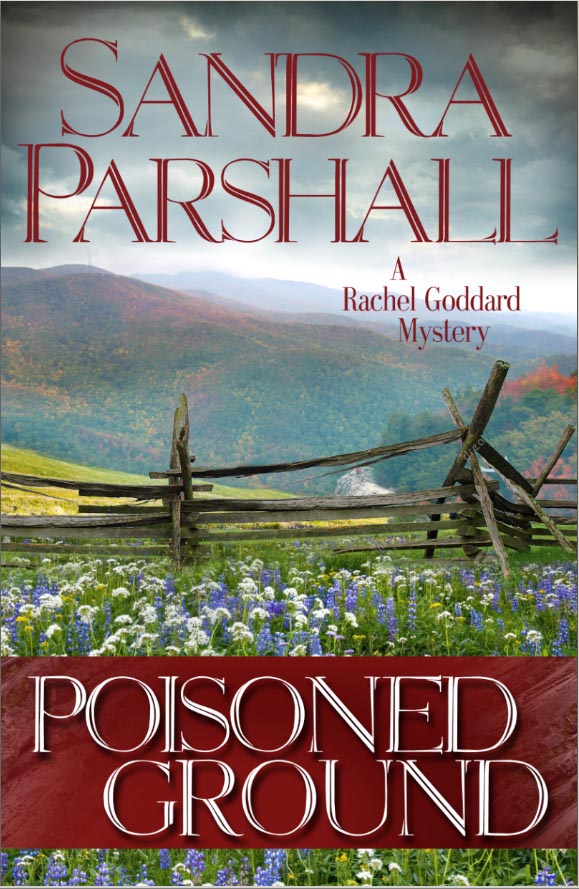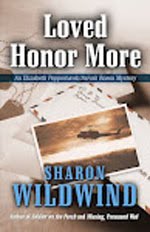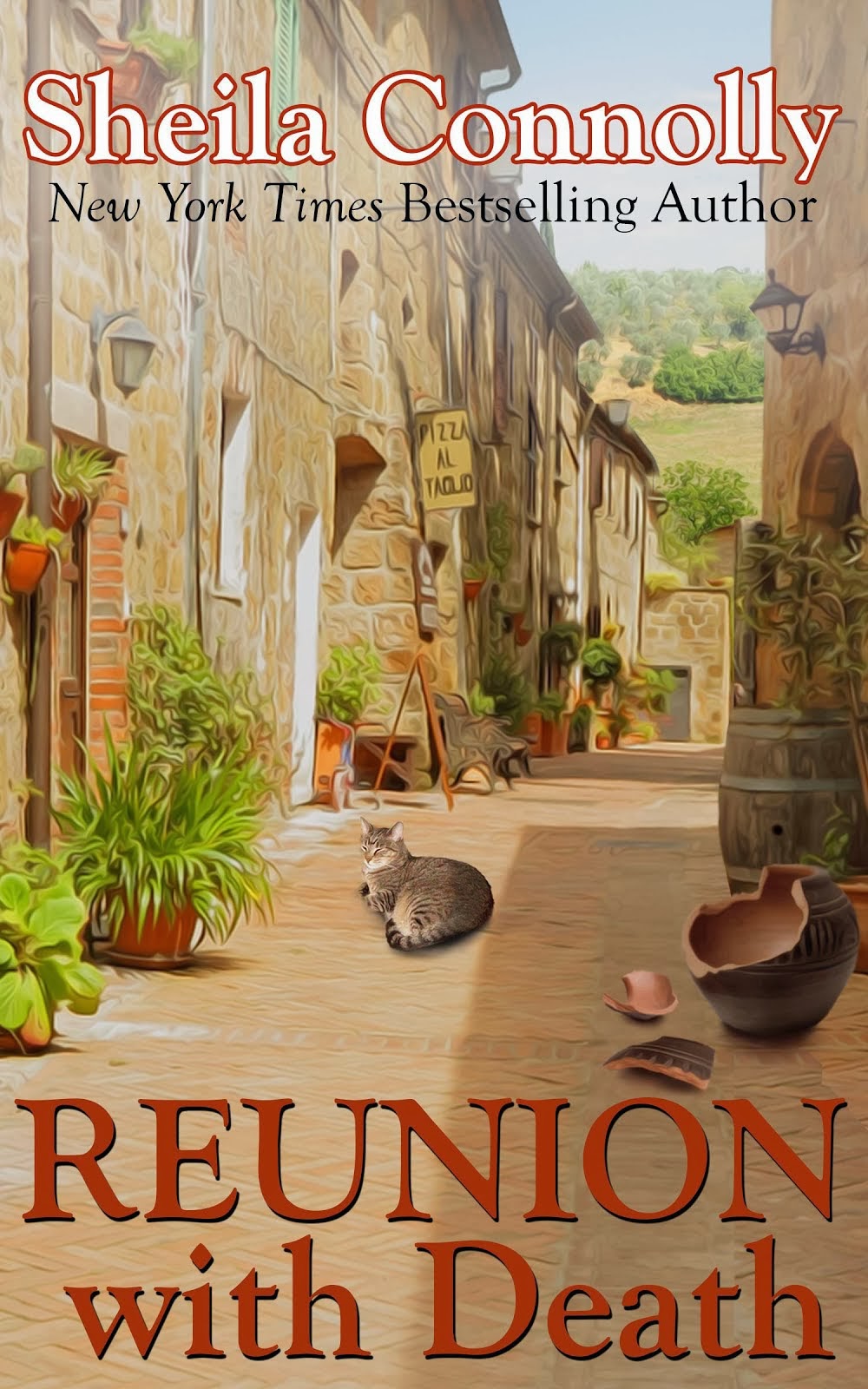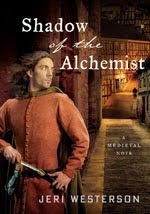Elizabeth Zelvin
I have announced many times in public that I find writing the first draft of a novel sheer torture. Many novelists are born storytellers. No sooner have they written their way through one bright idea than another one comes to them. Short story writers, especially the most prolific ones, are the same. I am not one of those. Characters and dialogue are another matter. My characters talk in my head all the time, especially when I’m running, driving, in the shower, or swimming. I have great confidence that I know what each of them will or won’t say, and I rarely make an error of voice, if it doesn’t sound too immodest to say so.
Plotting, however, has been my bane. If I dread that endless routine of putting my butt in the chair and my fingers on the keyboard and coming up with 1,000 words of What Happens Next day after day after day, it’s not because I’m lazy. It’s because I’m not as intuitive about What Happens Next as I am about what my characters will say next. When I write a short story, a poem, or a song, it doesn’t always come in perfect shape straight through me from that mysterious source of creativity. But sometimes it does, and that’s the best feeling in the world. A short story can happen in two or three fell swoops, much too quickly for even temporary despair. And at most, it’s a matter of editing, which I don’t find painful at all, especially as my ability to kill my darlings has developed by leaps and bounds over the past few years.
Sometimes a day of novel writing is effortless. But that’s only one day. Unless you’re Robert B. Parker or Erle Stanley Gardner, it takes a year to write a novel. I can’t go faster, and that’s been an immutable law for me—until this summer. I’m writing a novel, probably for a young adult audience, about Diego, the young Marrano sailor on Columbus’s first voyage who appears in my short story, “The Green Cross,” in the August 2010 issue of Ellery Queen’s Mystery Magazine. Creating Diego was certainly an intuitive process: he demanded that his story be told. A second story, “Navidad,” will be the lead story in the January 2011 issue of EQMM. But Diego wasn’t through with me. His sister Rachel, who’s been sitting in my head for more than a year, has gotten the hell outta Dodge one step ahead of the Inquisition, and now they’re on Columbus’s second voyage, where things turn a lot nastier than on the first.
I spent about six months doing research, including parts of the primary sources as well as authorities who vehemently disagreed with each other about everything to do with Columbus. At first, it put me to sleep. I don’t ordinarily read nonfiction, and the ratio was twenty-five pages of history to one nap on the couch. But gradually, I became fascinated. And then, this past summer, I found myself writing up a storm. I never dreamed that the things I’ve heard other writers say—“It’s pouring out of me,” “The story is writing itself”—would ever apply to me with respect to the first draft of a novel. I was wrong. I wrote the first 50,000 words in a single month, not even writing every day but rather a few days on and then a few days off attending to the rest of my life. It got so 2,000 words was a mediocre day’s output and 3,000 highly satisfying but not unexpected.
In a sense, I already had the story: the history of Columbus’s second voyage. But my novel is a lot like Tom Stoppard’s play, Rosencrantz and Guildenstern Are Dead. The story everybody knows (in his case, Shakespeare’s Hamlet) is in the background, intersecting with those of our protagonists at crucial points. The story of our characters is still to be told. And they told me what it is, day after day after day, as fast as my fingers could fly.
It would be lovely to believe that having cracked the sound barrier of novel writing, I’ll never get stuck and have to crawl—or “mud wrestle,” as I once heard Laura Lippman put it—again. Of course I will. But I’m hoping it will make all the difference in the world that now I know I can write up a storm. I had one of the best summers of my life, yep, writing the first draft of a novel. So maybe I can do it again. As the New York Lottery ad puts it: Hey, you never know.
Thursday, October 7, 2010
Subscribe to:
Post Comments (Atom)










3 comments:
Liz, I look forward to reading your new series.
Could be that I'm a little partial toward historicals :-), but I think choosing to write historical fiction that's fact-based can simplify developing a series. A backdrop is already in place. The writer just needs to reveal the protagonist's story and show where it intersects with the history. And because the historical backdrop may be deadly dull reading, the writer has to make the history fun for the reader.
No two-page info dumps about what Columbus was wearing. :-)
Suzanne Adair
Oh, but I *love* the historical backdrop and don't find it at all dull! I enjoy nonfiction history, though, and in that I'm looking for all those info dumps, like the two pages about what Columbus was wearing. (The history of clothing, in fact, is of particular interest to me.) Weaving history into a novel, and making the era come alive while balancing it with the characters' story, is a difficult task, and I salute everyone who attempts it. I hope your Columbus books will be a great success, Liz.
So now I will look for your stories, and look forward to your historical series, because based on history, i always enjoy your writings...
Post a Comment